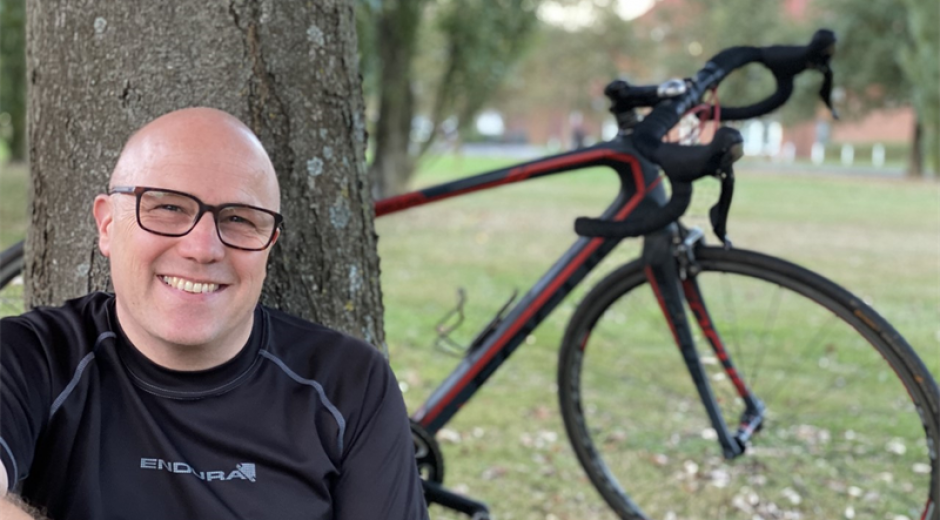We know that consumers want to live more sustainably and are looking for products that help them achieve this. To support consumers on this journey, we’ve created a new role to build partnerships in sustainable development. Our new Sustainability Director, Development & Collaborations Barry Waddilove explains all.
Your career background is design. What brought you to this new role?
It's probably to do with my interest in and focus on sustainability in design, and Electrolux seeing the enormous benefits of collaborations. Working in design at Electrolux, I've done quite a bit of work in this area over the past two and a half years, including initiating talks with partners to help us develop new business models. In my role as Head of Design in North America, we were already working on a project exploring the circular economy of food. I’ve also carried out academic research in system innovation and this specialist knowledge is key to my new role.
Why are collaborations key to progress towards our sustainability goals?
We're finding it beneficial to work with outside partners that have specialist knowledge. There are companies and organizations that are helping us to understand the repairability of our products, helping us to analyze the life cycle of our products, and of course partners like Stena Recycling clarifying the potential for reusing metals and plastics collected at recycling centers.
What benefits have there been, and what benefits do we expect, from the partnership with Stena Recycling?
It’s a key initiative that has shown us the potential of partnerships and collaborations. We've been working with Stena for two years on the 2Infinity project that resulted in our prototype 100% recycled vacuum cleaner, and then our prototype 90% recyclable cleaner. This year our work with Stena has expanded to include studies across a variety of other products such as refrigeration.
Another result of the Stena collaboration is a sustainability guideline that helps our R&D and Design teams maximize recyclability and repairability. An outline of best practices and opportunities, right down to things like how to design for easy disassembly, which benefits both recycling and repair.
What does what you're doing now mean for consumers?
Through consumer research, we know that people are interested in a sustainable dimension to what they're buying. Consumers might have different focuses when it comes to sustainability in different parts of the world and those learnings benefit everybody. The ultimate goal is to have a product that appeals to everyone.
We also want to help consumers make their machine last longer, and to recognize that Electrolux is helping them.
And how do we reach our consumers with this?
In the past we would have relied on a user manual that might get lost in a drawer. Now people have their phone in their hand and that means there’s lots of potential to reach them digitally. Whether it’s to have a conversation with them about how to make their food last longer, or to help them fix something – it's all about helping consumers live more sustainably.



